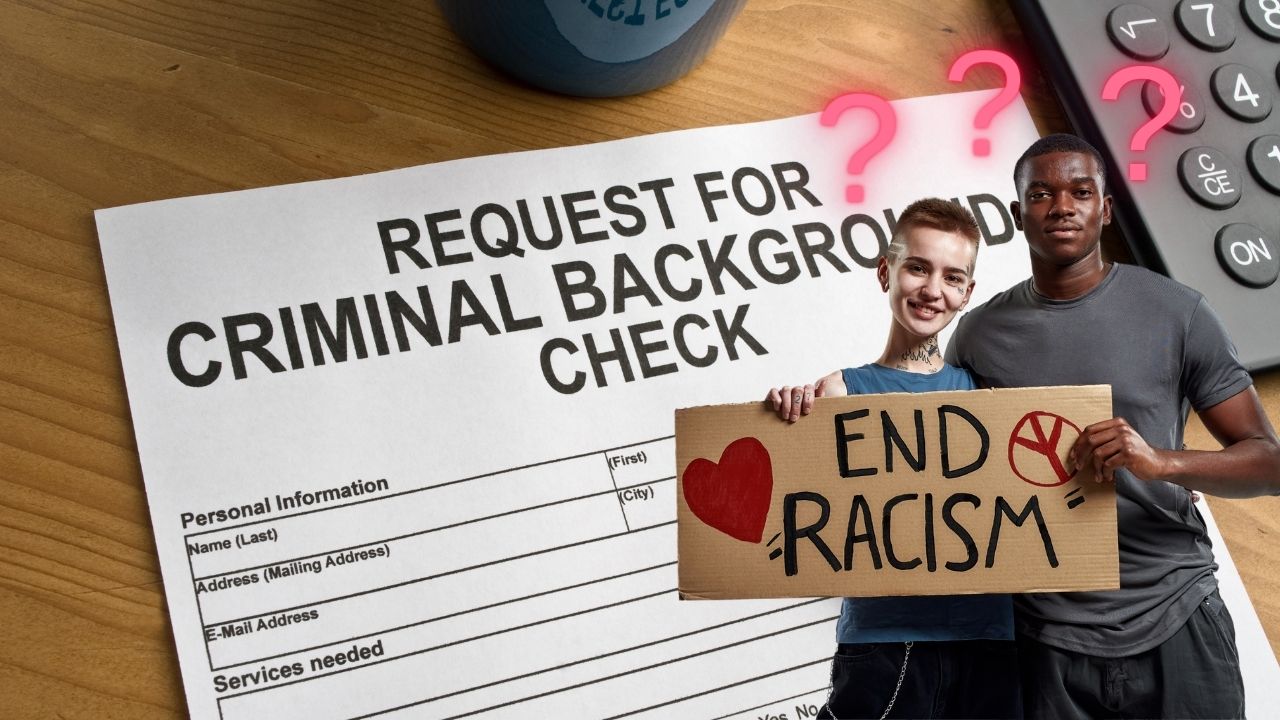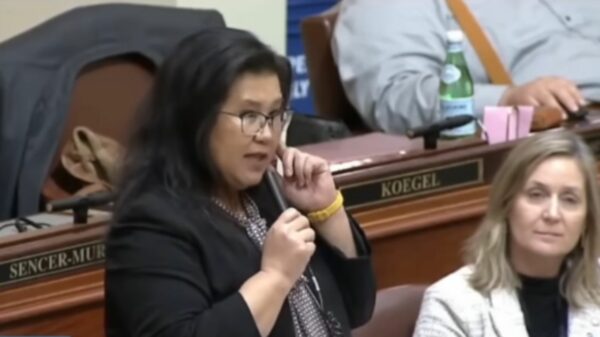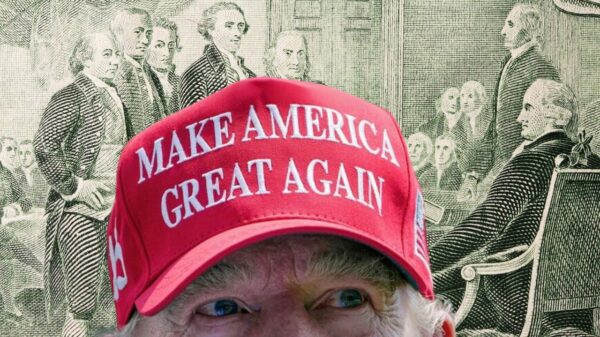In the current landscape of Corporate America, the emphasis on diversity, equity, and inclusion (DEI) initiatives has become ubiquitous. A striking observation reveals that every single one of the Fortune 100 companies has made a public commitment to DEI on their websites. This uniformity, while seemingly reflective of a sudden concern for racial justice, may also be attributed to other underlying motivations.
The Biden Administration’s Lawsuit

Recently, the Biden Administration took legal action against a major corporation, Sheetz, for what they deem to be a racist practice: conducting criminal background checks on job applicants. Sheetz, a convenience store chain with over 700 locations nationwide, faced allegations of discrimination for rejecting applicants who failed these checks.
Disparate Impact Theory

The lawsuit against Sheetz is underpinned by the legal theory of disparate impact, which posits that a policy disproportionately affecting certain racial groups, without a clear business purpose, could be considered discriminatory. Despite the absence of explicit discriminatory intent, the focus remains on the disparate outcomes rather than the underlying rationale for the policy.
Media Coverage and Public Perception

Media coverage surrounding the lawsuit has fueled public discourse, with contrasting narratives shaping perceptions. While some emphasize the alleged discrimination against minority applicants, others critique the Biden Administration’s use of disparate impact theory as a flawed basis for legal action.
Sheetz’s Defense and Legal Implications

Sheetz, in response to the lawsuit, emphasized their commitment to diversity and inclusion while highlighting their eight-year-long attempt to resolve the dispute with the Equal Employment Opportunity Commission (EEOC). However, the legal battle raises broader questions about the role of criminal background checks in hiring practices and the potential consequences of legal actions based on disparate impact theory.
Economic Ramifications and Industry Response
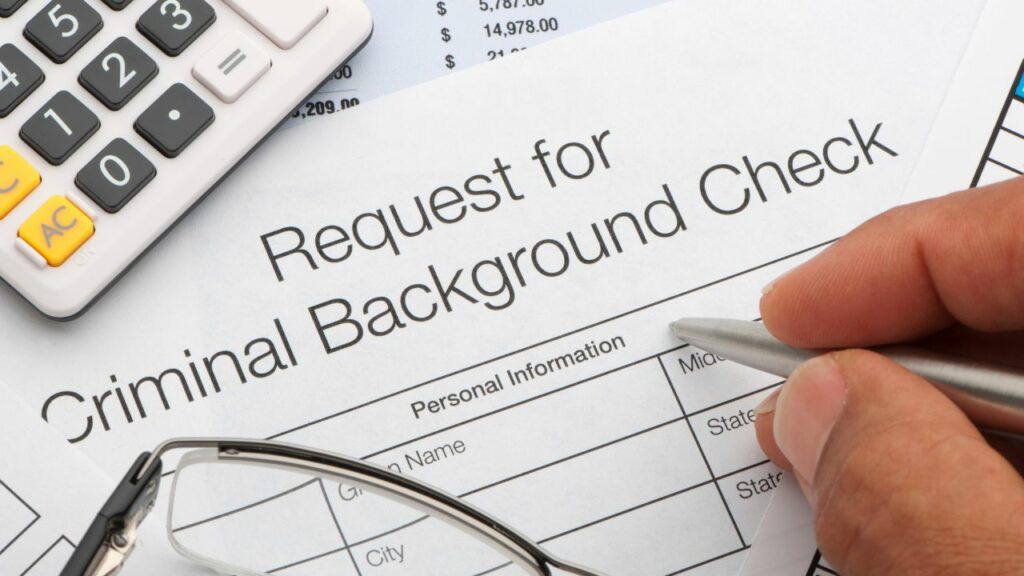
The implications extend beyond the specific case of Sheetz, sparking debates about the economic ramifications of restricting companies’ ability to conduct background checks. Critics argue that such restrictions could compromise safety and security in various industries, particularly those vulnerable to theft and violence, such as convenience stores.
Challenges to Business Operations

Navigating the legal landscape surrounding employment practices poses challenges for businesses striving to uphold both legal compliance and operational efficiency. The Sheetz case underscores the complexity of balancing diversity initiatives with practical considerations, such as ensuring a safe work environment.
Government Intervention and Policy Outlook
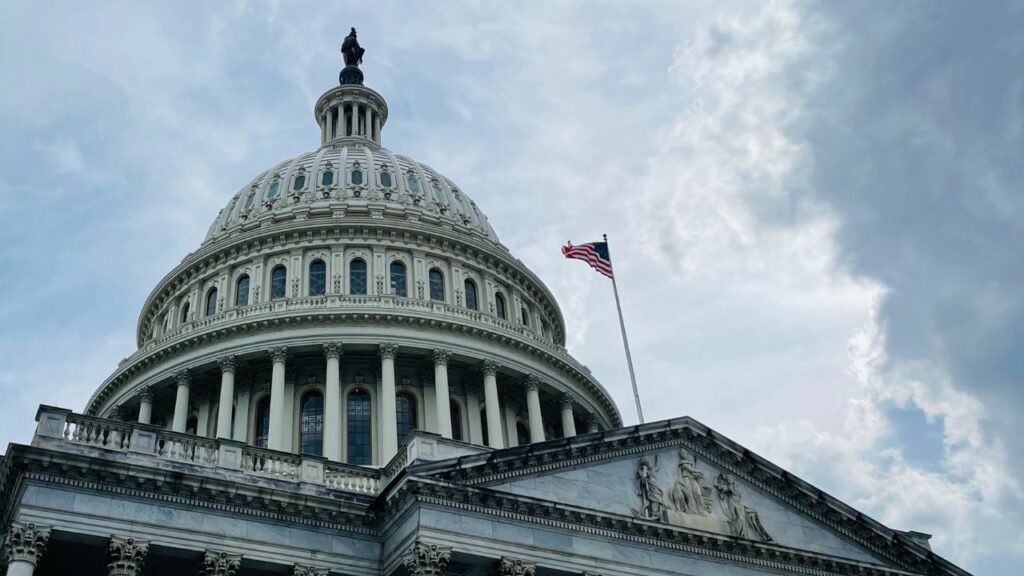
The Sheetz case also raises questions about the appropriate role of government intervention in regulating hiring practices. While advocates for DEI emphasize the need for addressing systemic inequalities, others caution against overly intrusive measures that could hinder business operations and economic growth.
The Future of Employment Practices

As the legal proceedings unfold and public scrutiny intensifies, the Sheetz case serves as a microcosm of broader societal debates surrounding race, employment, and the role of government in shaping corporate policies. Ultimately, the resolution of this case may have far-reaching implications for the future landscape of employment practices in Corporate America.
Potential Consequences
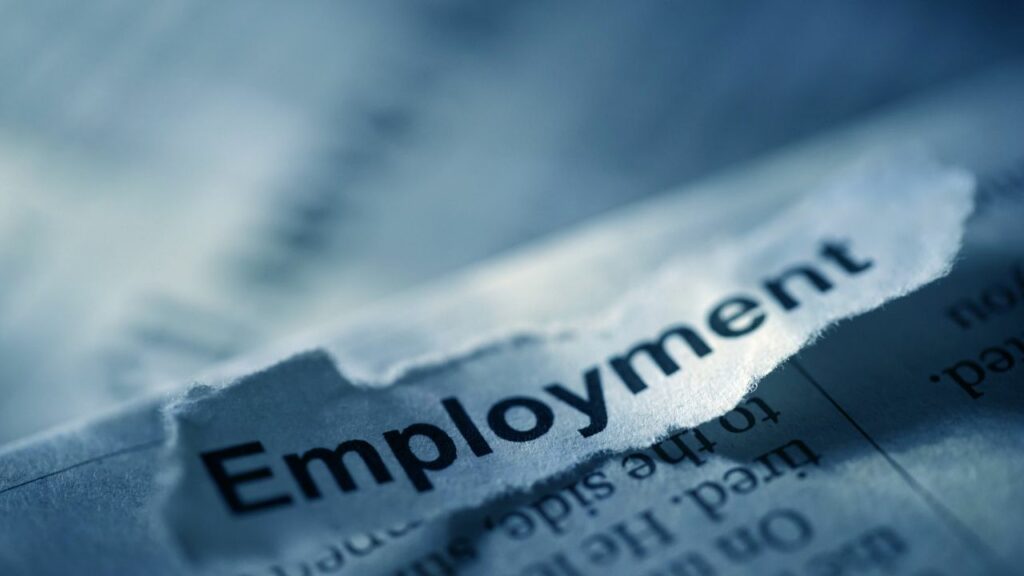
What are your thoughts? How do you perceive the use of disparate impact theory in the context of employment discrimination lawsuits like the one against Sheetz? What are the potential consequences of restricting companies’ ability to conduct criminal background checks on job applicants?
Ensuring Safety
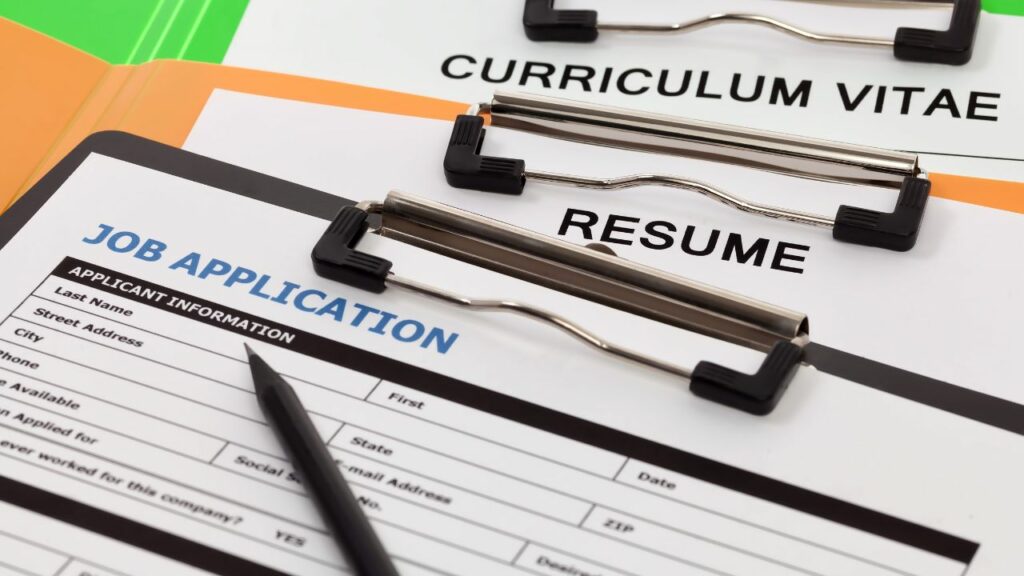
How can businesses balance diversity and inclusion initiatives with the need for ensuring safety and security in the workplace? What role should the government play in regulating hiring practices to address systemic inequalities while avoiding undue interference in business operations?
Source: Matt Walsh
